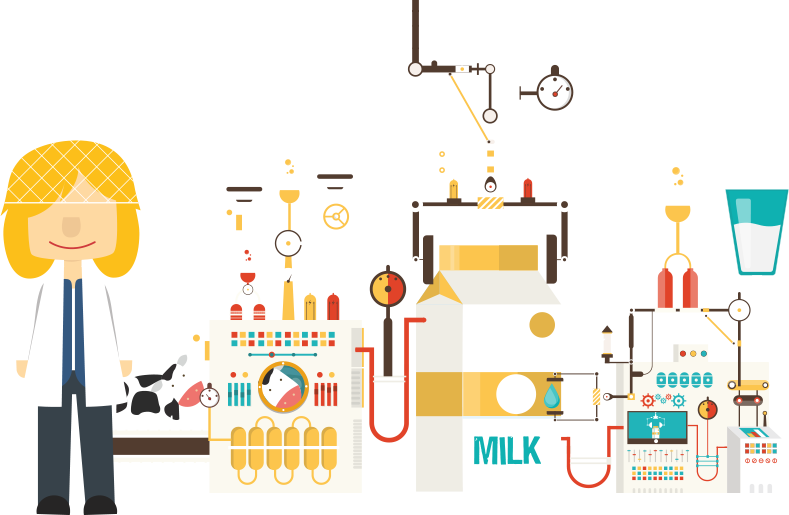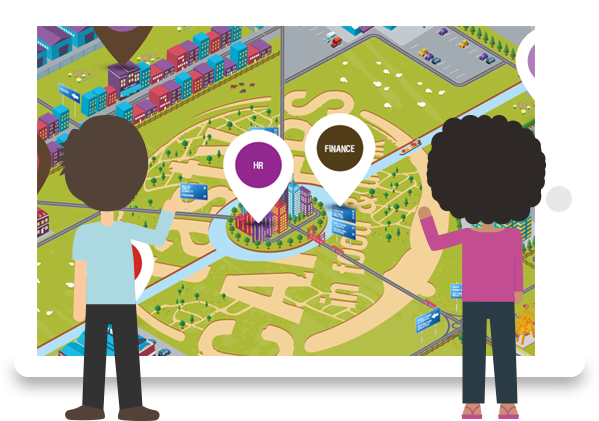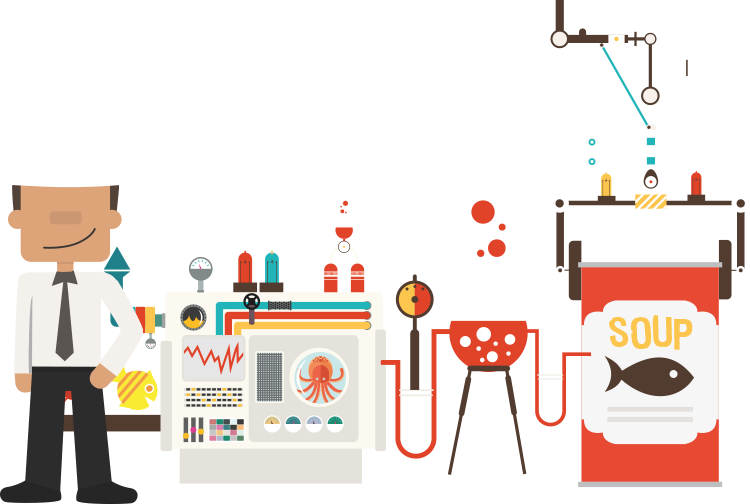What are Apprenticeships?
Through a combination of practical workplace training and off-the-job learning, apprenticeships are designed to equip individuals with the skills and knowledge they need to carry out their role in an organisation.
Apprenticeships are available from GCSE level to Degree.

What levels are there?
Intermediate Apprenticeships (England) / Foundation Apprenticeships (Wales)
- Level: 2
- Equivalent: 5 GCSE passes
Advanced Apprenticeships (England) / Apprenticeship Level (Wales)
- Level: 3
- Equivalent: 2 A Level passes
Higher Apprenticeships
- Level: 4 and 5
- Equivalent: Foundation Degree, Higher National Diploma (HND) or Higher National Certificate (HNC)
Degree Apprenticeships
- Level: 6 and 7
- Equivalent: Bachelor's or Masters Degree

What are the benefits of doing an apprenticeship?
- A widely respected and industry recognised qualification
- Education and training that will not cost a penny. Even the degree apprenticeships!
- 1-6 years of industry experience
- A full time wage
- Functional skills qualifications in Maths and English
- Access to apprenticeship student discounts

How do Apprenticeships work?
Most of the time, an Apprentice will be just like another member of the team, working and learning ‘on the job’. But at least 20% of their paid time will be dedicated to off-the-job learning – advancing their knowledge and giving them skills they can bring back to the workplace.
What is off-the-job learning?
This can be delivered at the apprentice’s normal place of work as long as it is not part of their normal working duties. This may be delivered via:
- Distance learning - study conducted online through video lectures, online learning etc.)
- Blended learning - the combination of different learning methods, such as face-to-face and online learning
- Block release - an extended period of study either at the beginning or part way through training.
The specific way training is delivered is up to the apprentice, employer and training provider to discuss and agree – making them really flexible.
The rest of the apprentice’s time will be spent at work learning the role and putting into practice everything they learn – all supported and nurtured by their workplace mentor.

ADDITIONAL INFO
EMPLOYMENT STATUS
Since an apprenticeship is a real paid job and they must work a minimum of 30 hours per week they are classed as a full time employee.
They must have a contract of employment and sign an apprenticeship agreement. The apprenticeship agreement outlines the terms of the programme, including length of employment, the nature of the training the apprentice will receive, the condition of work and the qualifications they are working towards.
SALARIES
If an apprentice is under 19 or over 19 but in the first year of their apprenticeship, they’re entitled to the ‘Apprenticeship Wage’.
If the apprentice is over 19 and has completed the first year of their apprenticeship, they can no longer be paid the ‘Apprenticeship Wage’ and must be paid the minimum wage for their age group.
Click here to see current minimum wages - https://www.gov.uk/national-minimum-wage-rates
HOLIDAY ENTITLEMENT
An apprentice is entitled to a minimum of 20 day’s paid holiday per year, plus bank holidays.

Food and Drink Apprenticeships (England)
These are the apprenticeships that have been developed or are used by food and drink industry in England at each level.
Click here for more info about these apprenticeships
Intermediate Apprenticeships
- Abattoir Worker
- Baker
- Butcher
- Fishmonger
- Food & Drink Process Operator
- Poultry Worker
- Supply Chain Operator
Advanced Apprenticeships
- Advanced Baker
- Advanced Butcher
- Food & Drink Advanced Process Operator
- Food & Drink Maintenance Engineer
- Food Technologist
- Improvement Technician
- Poultry Technician
- Supply Chain Practitioner
- Team Leader/Supervisor
Higher Apprenticeships
- Advanced Dairy Technologist
- Brewer
- Food & Drink Engineer
- HR Consultant/Partner
- Improvement Practitioner
- Improvement Specialist
- Operations/Departmental Manager
Degree Apprenticeships
- Chartered Manager
- Food & Drink Advanced Engineer
- Food Industry Technical Professional
- Manufacturing Manager
- Packaging Professional
Click here to find out more about Degree Apprenticeships

Food and Drink Apprenticeships (Wales)
These are the food and drink specific apprenticeships available in Wales at each level.
Click here for more info about these apprenticeships
Foundation level
- Meat and Poultry Industry Skills
- Baking Industry Skills
- Food Industry Skills
- Food Manufacutring Excellence
- Fish and Shellfish Industry Skills
- Brewing Industry Skills
- Dairy Industry Skills
- Fresh Produce Industry Skills
- Food Industry Team Leading
Apprenticeship Level
- Meat and Poultry
- Baking
- Food and Drink Engineering Maintenance
- Food Industry Skills and Technical Management
- Food Manufacturing Excellence
- Fresh Produce
- Fish and Shellfish
Higher Level
- Food Manufacturing Excellence
 cy
cy


